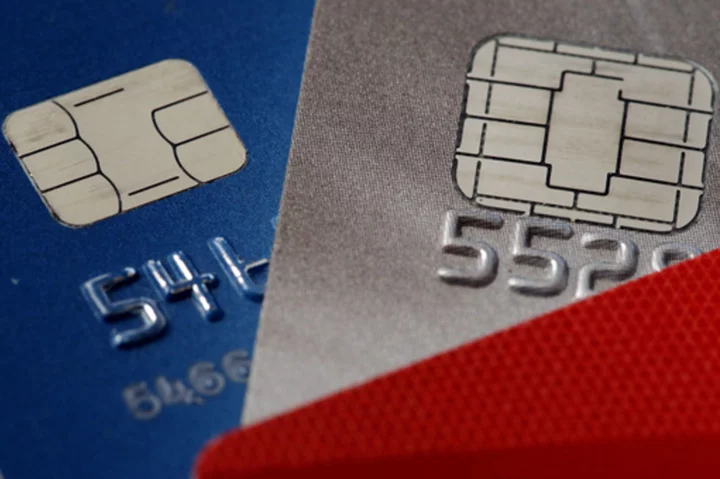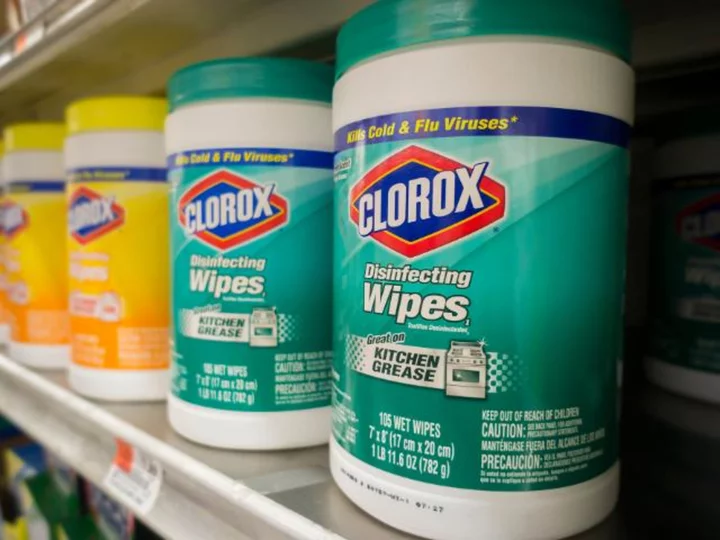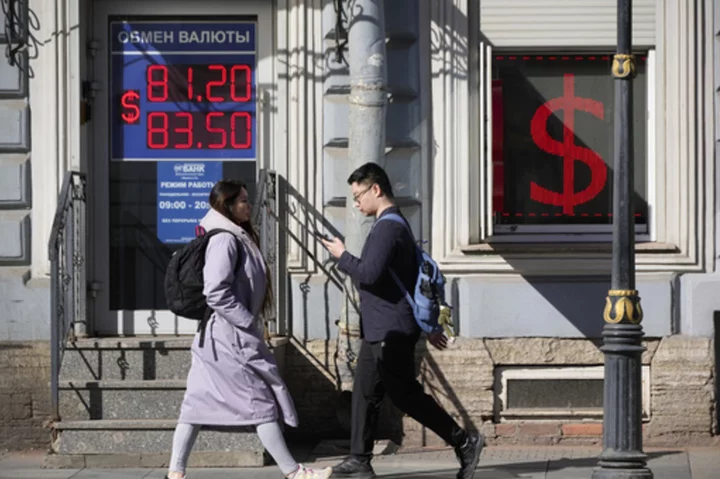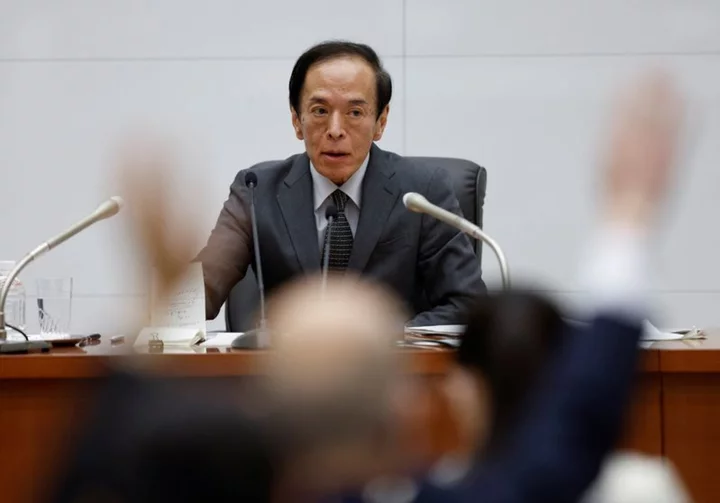It’s not uncommon for credit card issuers to close accounts. Sometimes they do so to lessen their risk when the economy is in distress, generally as a reaction to your spending activity — or lack thereof.
After all, issuers make money from every tap or swipe, so inactive cards aren’t fruitful for them.
“If you’re not paying an annual fee and you’re not using the card, you’re below the zero revenue line, you’re actually costing the card issuer money every month,” says John Ulzheimer, a credit expert formerly with FICO, a credit-scoring company, and Equifax, a major bureau that provides consumer reports. “Eventually they’re going to close your account because you’re not generating any swipe-fee income.”
An account closure can harm your credit, but if you’re fortunate, a credit card issuer might send you a notice as a courtesy beforehand. That can provide you time to make some moves to counter any negative impact to your credit scores. Regardless, if you take no actions, it could take longer for your credit to bounce back.
ASK THE ISSUER TO RECONSIDER
Before the account is officially closed, call the customer service number on the back of your card to see whether the issuer will reevaluate the decision. There’s no guarantee, but there’s also nothing to lose by trying.
If the notice the issuer sent provided a reason for the account closure, use it to make a case. For instance, if the decision is due to an inactive card, let the issuer know you plan to use the card more.
One way to ensure consistent use: Set up autopay with the card for a recurring subscription.
SEEK AN ALTERNATIVE IF THE ISSUER SAYS ‘NO’
For Jake Dube, an engineer based in Ohio, there wasn’t much room for negotiation when his credit card issuer changed terms and presented him with an ultimatum. He would have to pay a monthly fee or opt out and have his account closed. “I opted out and it shut the account down,” he says.
An account closure can affect how much total available credit you’re using. It’s a key factor that impacts your credit scores. “The amount of the score impact is going to be variable based on the amount of credit card debt and the other credit cards you have on your report,” Ulzheimer says.
So if a credit card issuer refuses to keep your credit card open, try countering those effects by applying for a new one with a different issuer.
Dube, who’d already used the old card to build credit, didn’t waste time getting a new card. “I applied for it the same day I opted out,” he says. “They accepted it within 24 hours.”
Be aware that when you submit a new credit card application, the issuer will typically conduct a hard inquiry on your credit, which can also cause your credit scores to drop temporarily. They will rebound, however, with responsible card use, including paying on time and, ideally, in full every month.
Some steps to consider include:
— Reviewing your credit score first so that you can apply for credit cards in your score range. You can often get a free credit score through your current credit card issuer or through a third-party personal finance website. Research different credit cards and qualifying credit score ranges to narrow down options based on likelihood of approval.
— Using an issuer’s screening options to determine your odds. By doing an online search for issuers that offer “pre-qualification” or “preapproval” and going through the screening process, it’s possible to better understand your chances of approval. Some issuers can review basic information about you and run a “soft” credit check to determine eligibility for a card without affecting your credit scores. Only once you accept an offer and formally apply for a credit card will the issuer conduct a hard inquiry on your credit.
When you whittle down options, you may find that you also qualify for more valuable deals — especially if you’ve climbed up the credit score ladder.
“The new card I have has no fees and it gives me like 5% back on a lot of categories, 3% on some others, and like the minimum is 1.5% or 2%,” Dube says. “Overall, it’s been a much better card.”
CONSIDER DIVERSIFYING YOUR CREDIT FURTHER
If you have only one or two credit cards with low credit limits, Ulzheimer recommends opening other credit cards with different issuers and using them sparingly.
“You’re really putting yourself into a safer position because if one of them gets lost or stolen, or if one card issuer chooses to close the account, then you have at least one, if not two, backup cards,” he says.
With another credit card, it may also be possible to minimize any blow to your credit in the future if an issuer closes an account.
_____________________________
This column was provided to The Associated Press by the personal finance website NerdWallet. Melissa Lambarena is a writer at NerdWallet. Email: mlambarena@nerdwallet.com. Twitter: @lissalambarena.
RELATED LINKS:
NerdWallet: Does a credit card preapproval offer guarantee you’ll get it? https://bit.ly/nerdwallet-guaranteed-qualify-preapproved-credit-card
Consumer.gov: Your credit history https://consumer.gov/credit-loans-debt/your-credit-history
Consumer Financial Protection Bureau: What is the difference between a credit report and a credit score? https://www.consumerfinance.gov/ask-cfpb/what-is-the-difference-between-a-credit-report-and-a-credit-score-en-2069/









